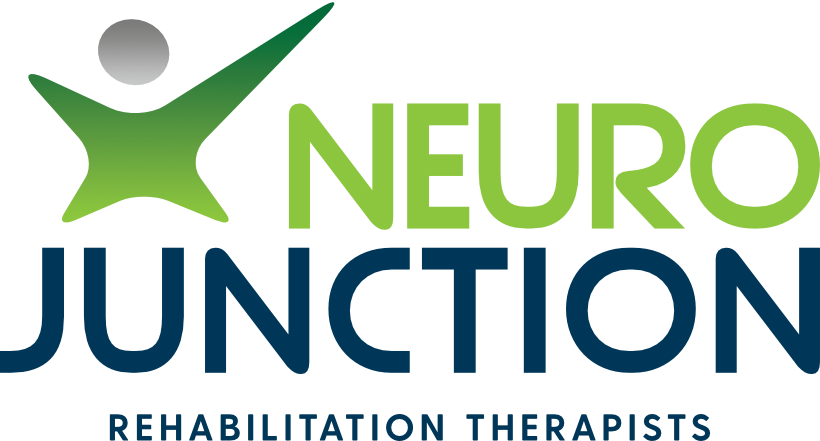Interoception
WHAT IS INTEROCEPTION?
Interoception is the sensory system that gives us information regarding our body-emotion connections. It allows us to notice internal body signals, such as;
Hunger/thirst
Whether we need the toilet (bladder and bowels)
Pain
Tiredness/Fatigue
Muscle pain/weakness
Body temperature
Sensory overload
Recognising emotions, such as anxiety, anger, joy, sadness, fear
Have you ever been asked, “How do you feel?” or to rate your pain, fatigue, or anxiety on a scale of 1-10 and struggled to answer? Interoceptive awareness helps us respond to these questions and and is our body’s way of communicating to us. This awareness plays a key role in both our physical and emotional well-being. Introceptive receptors spread across our body and organs and the brain uses the information from these receptors to guide actions.
For example, a growling stomach signals hunger, goosebumps indicate cold, and sweating may signal heat or anxiety. Learning to interpret these bodily cues helps us take the right actions and maintain balance.
Factors like neurodivergence, trauma/PTSD, mental health issues, and neurodegenerative disorders can affect our interoception. It can be under-responsive, over-responsive, or distorted, leading to missed sensations, overwhelming ones, or confusion about how we feel or what we need.
Let’s take toileting as an example;
When interoception is working well, we generally do not receive sensations from our bladder until we need to pay attention to them. The sensations gradually become stronger, which is our brain communicating to us, alerting us to take appropriate action (going to the bathroom.)
If however, we have under-responsivity in relation to the bladder, we may not experience these sensations at all, therefore our brain does not alert us to take any action. This may cause urinary incontinence. Alternative, we may not notice the sensations until they suddenly become intense. This may cause urinary urgency.
If we have over-responsivity in the bladder, we may experience strong sensations, even when our bladder is relatively empty. This may cause increased urinary frequency.
As interoception is responsible for so many different bodily sensations and emotions, it can therefore impact many areas of our daily life. It can impact our energy levels/fatigue, motivation, emotional regulation, relationships, nutritional intake, continence, sleep and general health and well-being.
how can Neuro Junction help?
Our Occupational Therapists can work with you to identify what areas of interoception you are having difficulty with and the impact it is having on your daily life. We can then work on building your interoceptive awareness through adapted body mindfulness strategies, as well as provide simple adaptive and environmental strategies you can use in your everyday life to support your interoception.
References
Https://www.kelly-Mahler.com
Https://pmc.ncbi.nlm.gov/articles/PMC5045785
Urgency Urinary Incontinence and the Interoceptive Network: A Functional MRI study.

